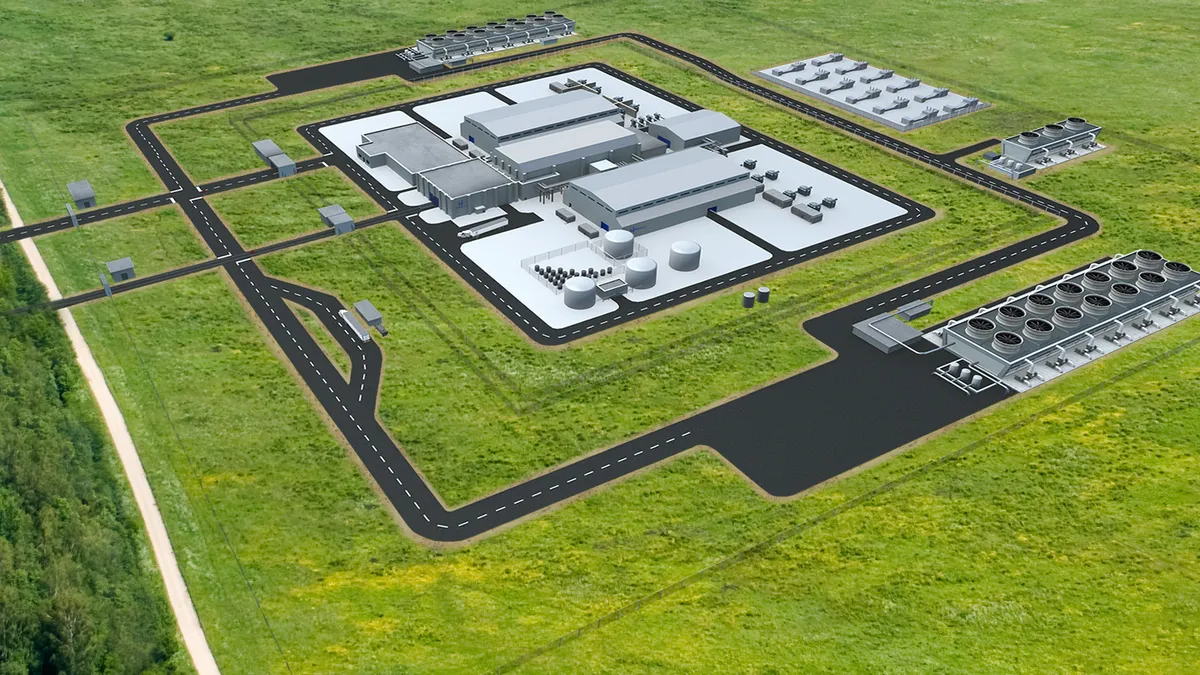A bipartisan group of lawmakers on Monday asked the U.S. Nuclear Regulatory Commission to address several issues when it finalizes a licensing framework for advanced nuclear reactor technologies, including small modular reactors.
Congress passed the Nuclear Energy Innovation and Modernization Act in 2018, directing the NRC to complete a rulemaking to establish a “technology-inclusive” framework for advanced nuclear applications by the end of 2027. In March, NRC staff published a draft proposed rule, known as the “Part 53” rule.
“We all agree that a successful Part 53 regulatory framework should reflect congressional intent and be used to license the next generation of nuclear reactors,” the group of 20 senators and 44 House members wrote to NRC commissioners. “In order to be effective, we urge the Commission to work to address any outstanding issues prior to issuance of a final rule. Your review and modifications of the proposed rule will determine if that success is achieved.”
Lawmakers signing the letter include Sen. Shelley Moore Capito, R-W.Va., Sen. Tom Carper, D-Del., Rep. Cathy McMorris Rodgers, R-Wash., and Rep. Frank Pallone Jr., D-N.J.
“There is general agreement among stakeholders,” lawmakers said, that important issues to address in the final rule include: a “two-framework structure that limits the proposed rule’s overall benefit,” performance criteria that include quantitative health objectives, inclusion of a facility safety program; and “inconsistent application of new programs and terminology.”
Initial applications for advanced nuclear reactors will utilize existing licensing frameworks, but lawmakers said it is “critical and urgent” that the new framework be capable of processing the large volume of applications “necessary to meet our energy and national security priorities, provide grid reliability, and achieve our environmental goals.”
Several companies are developing small modular reactors. In January, the NRC certified NuScale Power’s design, the first of its type to win federal approval.














